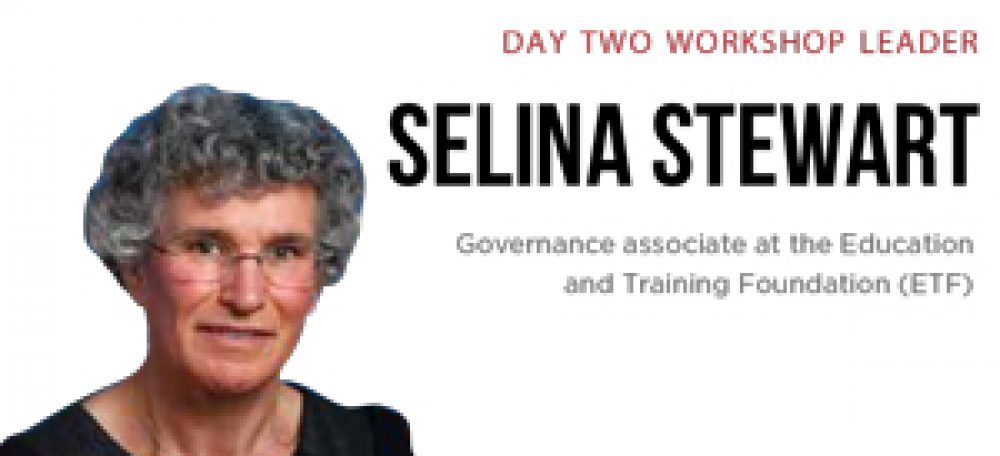The prevention of extremism is a wide-ranging concern that reaches into vocational education and training issue, a Selina Stewart explains.
The statutory duty to prevent extremism will soon come in to effect. However, as independent learning providers (ILPs) will know, Ofsted has been inspecting for compliance with the Prevent duty for several months.
Ofsted expects all staff and volunteers to be Prevent duty-trained and will check with individuals during inspections.
Equally, they will ask students what they would do if they believed someone was vulnerable to exploitation by extremists, whether in the provider organisation or in their workplace. So everyone needs to know how to refer people, just as they would do for Safeguarding.

Any provider judged inadequate in compliance with the Prevent duty will find that this leads to an inadequate grading overall. As all private providers are well aware, this can lead to the termination of Skills Funding Agency contracts.
Some ILPs, such as West Yorkshire Learning Providers are well ahead in their approach to the duty as they have carried out risk assessments, reviewed policies and procedures and arranged training for staff. Some providers may not yet be fully aware of what compliance involves.
The Prevent duty applies to all forms of extremism and to the promotion of British values. Ofsted will expect to see compliance in all areas of the country.
British values are one potentially controversial area of the Duty. We can joke about British values being queuing and such like, but there is now a clear definition of British values in legislation.
All staff and board members are expected to exemplify British values including: democracy, the rule of law, individual freedom, tolerance and mutual respect of other faiths and beliefs.
The Guidance is clear that this includes compliance with the Equality Duty to prevent discrimination and promote equality. Our website — www.preventforfeandtraining.org.uk — has materials to support ILPs in adopting the Duty.
Ofsted will expect to see Prevent compliance in all areas of the country
A good starting point for all providers is a review of the Good Practice Guide which sets out the basic requirements. Providers should follow up with a risk assessment leading into a review of policies and procedures. There are examples of all of these on the website.
The Prevent lead should be your Safeguarding officer who should make contact with your local FE, police or local authority Prevent coordinator. But the Prevent duty is the responsibility of all staff and board members so the ETF is currently finalising new online training resources and guidance notes for all staff and board members. The ETF has developed guidance for vocational subjects and apprenticeships suggesting opportunities and ways to teach and discuss British values. This too can be found on the website.
The ETF is also working with the Association of Employment and Learning Providers to develop further support. This will include workshops on Prevent. And we are developing a review and consultancy offer which will be tailored to individual providers and face to face training session for Safeguarding officers.
At first glance, the Prevent duty may appear to be a very challenging additional responsibility. There is no doubt that it needs to be taken seriously as the consequences of non-compliance are so serious for provide providers. However, there is help out there from both the ETF and the Prevent coordinators.









Very disappointed that the Home Secretary has used the term ‘lone wolf’ in relation to Tunisian terrorist, therefore being picked up by the media as the term to use and glamourizing his actions – such terminology will make it easier to radicalise young men and women